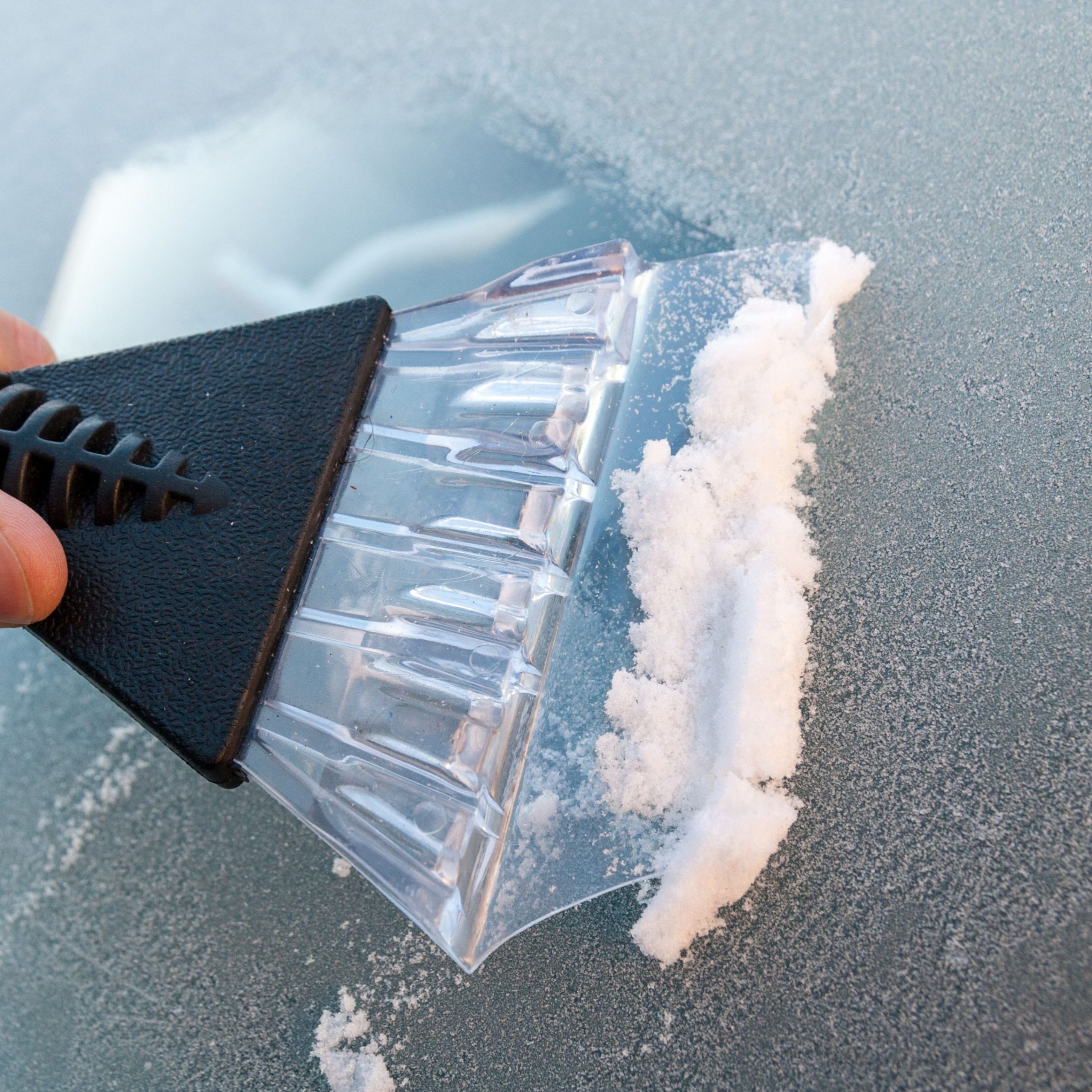Preparing for snow and ice: budgeting for winter weather conditions
Winter might feel like a while away but when it comes to budgeting for winter weather conditions the time is now.
As much as we all love a winter wonderland, these conditions can wreak havoc on our budgets. From potential business closures to accidents and liability, not budgeting for winter weather conditions can put a serious dent in your business’ profits.
But fear not. With some simple preparation and budgeting strategies, you can stay ahead of the game and avoid any financial surprises this winter season through budgeting for winter weather conditions.
In this blog post, we’ll explore some helpful tips for preparing for snow and ice so that you can enjoy the magic of winter without breaking the bank.
Assessing your needs for winter weather
When the winter weather hits, it’s important to be prepared. That means having a plan in place for how you’ll budget for the additional costs that come with snow and ice. Here are a few things to consider:
Heating costs
Will you need to increase your premises heating budget? If so, by how much?
Snow removal
Do you have a plan in place for shovelling pavements, driveways and car parks? Will you need to hire someone to do this for you?
Winterising your car
Will you need to get new tires or have your car serviced before winter hits?
Clothing and gear
Do you have the proper clothing and gear to keep yourself and your ground staff warm during the winter months? This includes items like coats, gloves, hats, and boots if they are working outdoors.
Emergency supplies
Do you have emergency supplies on your premises in case of power outages that may arise during winter weather? These can include items like torches, batteries, non-perishable food, and water.
By taking the time to assess your needs ahead of time, you can be better prepare for the added costs that come with winter weather. By doing so, you can help ensure that your budget stays on track during the colder months.
Budgeting for snow removal and ice maintenance
As a business owner, you need to account for the possibility of winter weather conditions affecting your operations. This means budgeting for snow removal and ice maintenance.
There are a number of factors to consider when budgeting for these services. First, you need to decide whether you will hire a professional service or handle the work yourself.
If you do it yourself, you will need to factor in the cost of equipment and supplies.
You also need to consider how often you will need to remove snow and ice. If your business is located in an area that experiences heavy snowfall, you will need to budget for more frequent removal.
Conversely, if your area only sees occasional snow, you can get by with less frequent removal.
You need to account for the cost of any damage that may occur as a result of snow and ice accumulation. This could include repairs to pavements, parking areas, or roofs.
By taking all of these factors into consideration, you can develop a budget that will ensure your business can weather any winter storm.
Investing in snow removal equipment
When budgeting for winter weather, investing in snow removal equipment can be a wise decision. There are a variety of different types of snow removal equipment available on the market. The best type for you will depend on your specific needs and budget.
One option is a snow blower, which can be a good choice if you have a large area to clear. Snow blowers come in both gas and electric models, so you’ll need to decide which is right for you.
Gas models tend to be more powerful, but they also require regular maintenance and can be more expensive to operate. Electric models are quieter and easier to maintain, but they may not be as powerful as gas models.
There are also a variety of hand-held tools available that can be used for clearing small areas of snow. These include shovels, pushers, and brooms.
Hand-held tools can be less expensive than larger pieces of equipment, but they require more physical labour.
Alternatively, call in the experts. They will work with you and your site budget to ensure your site is safe and prepared to avoid closure and liability for any falls.
Strategies for protecting your premises from damage
One of the best ways to protect your premises from damage during winter weather is to keep an eye on the forecast.
If you know that a big storm is coming, take steps to secure your property and make sure your gutters are clear. You should also consider investing in a generator in case of power cuts.
Another important strategy for protecting your premises is to stay proactive when it comes to maintenance. Keep an eye on things like your roof and gutters, and car park surface areas.
Don’t wait until there’s a problem to call a professional. By staying ahead of potential problems, you can save yourself a lot of time, money, and stress in the long run.
By being prepared for these additional expenses, you can help ensure that your budget stays on track despite the challenges of winter weather.
Conclusion
Preparing for winter weather can be a challenging task, but it is necessary to ensure your safety and the safety of those around you.
By following our tips on budgeting for winter weather conditions, you will be able to properly equip yourself with the tools needed to get through any storm.
Make sure you take the time to research what type of supplies are best suited for your situation. Stay safe and profitable during bad weather!






